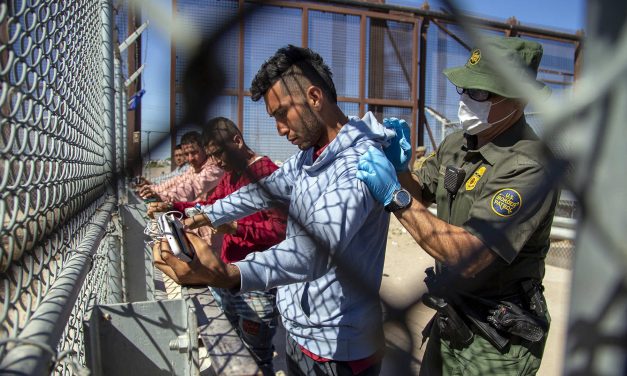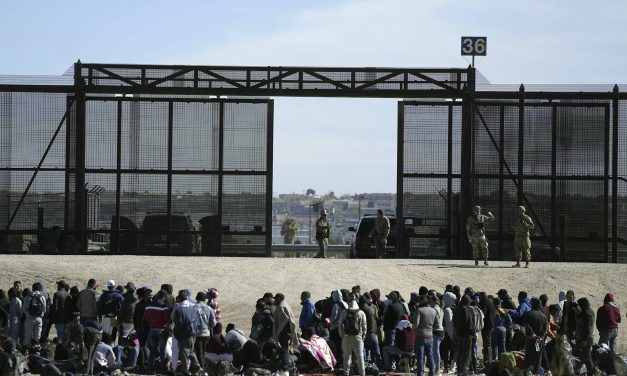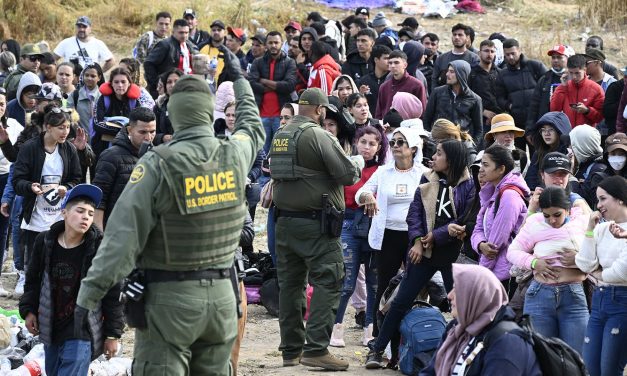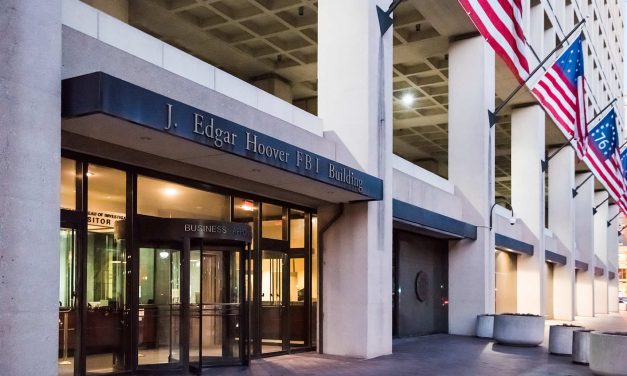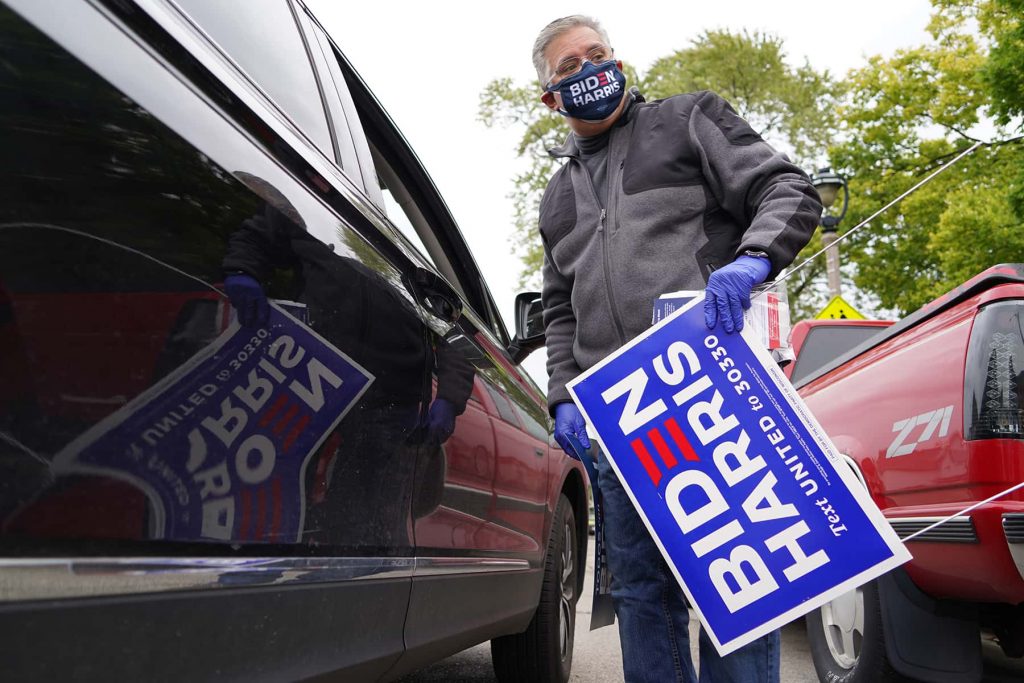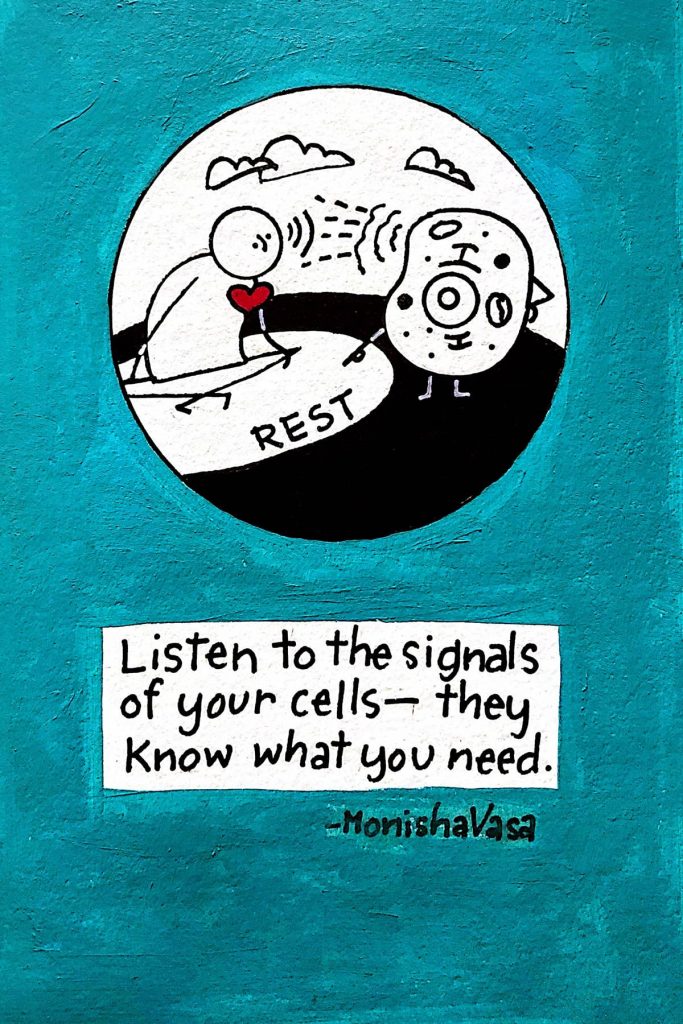Hugs Not Walls: Mexican families separated by border restrictions allowed brief but heartfelt reunions
Tears flowed amid heartfelt embraces as Mexican families were allowed brief reunions at the border on May 7 with relatives who migrated to the United States. As a mariachi band played the popular song “Las Mañanitas,” about 150 families passed over the Rio Grande to meet with loved ones they had not seen for years. Margarita Piña could not hide her emotion as she waited to greet her son, whom she hadn’t seen since he left home two years ago in the middle of the pandemic to seek a better future in the U.S. “It’s very hard because we...
Read More

